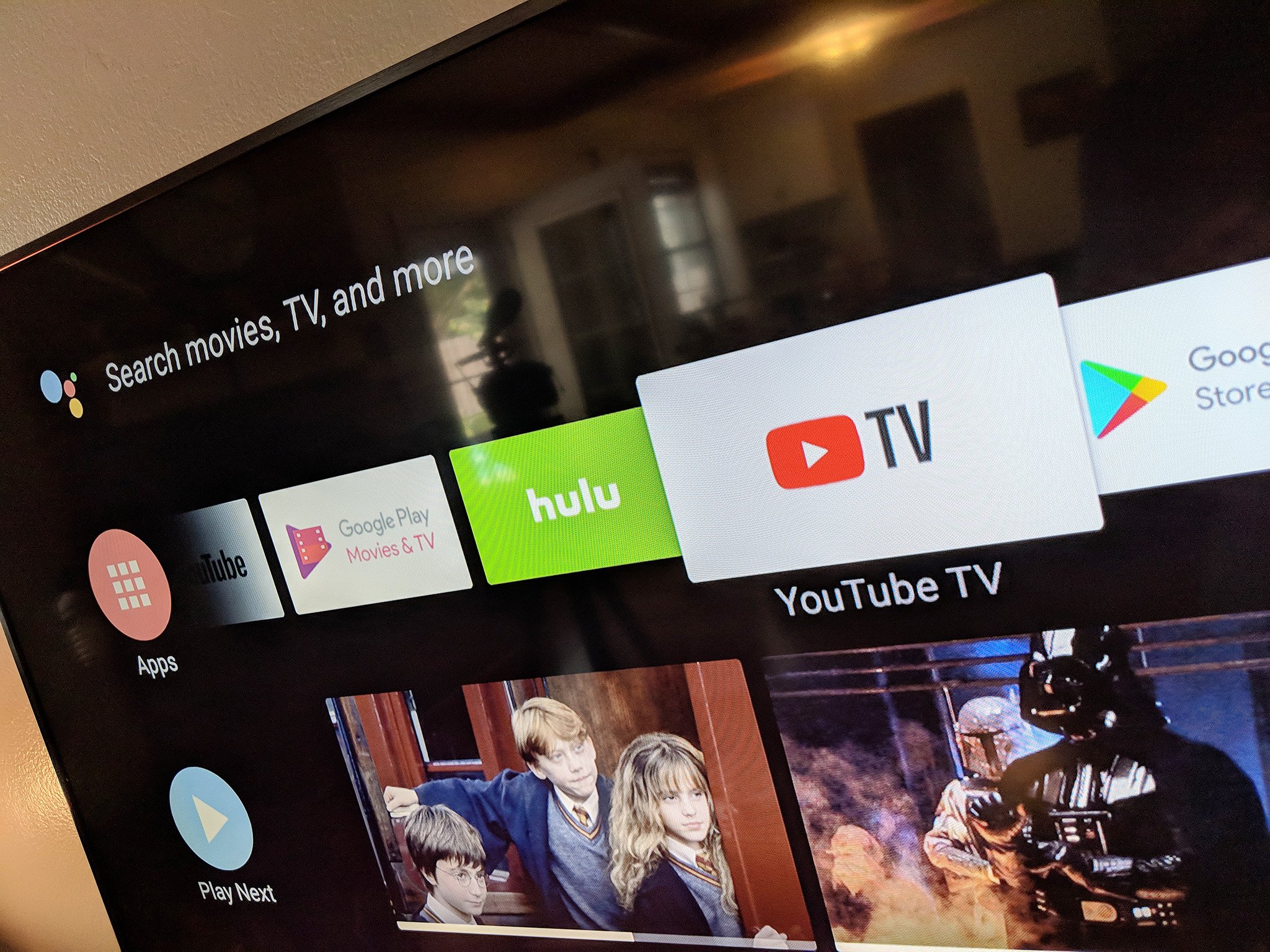EU's controversial copyright law has been approved

The European Parliament has approved the controversial bill that will bring widespread reforms to how copyrighted content is governed online. The EU introduced the directive back in 2016, putting forth new guidelines for sharing copyrighted content across platforms like YouTube, Google News, and Facebook.
Under Article 13 — which deals with how copyrighted content is uploaded to the internet — tech giants like Google and Facebook will be liable for the content that's posted on their platforms. The clause states that users must get permission from the rights holder before uploading copyright content, but the onus is on the platform to ensure it isn't hosting material posted without a copyright.
To do so, Facebook and YouTube will have to set up upload filters to make sure they're not hosting copyrighted content without the requisite permissions. Another part of the bill — Article 11 — states that news aggregators like Google News should pay publications for distributing their articles in newsfeeds:
The directive aims to ensure that the longstanding rights and obligations of copyright law also apply to the internet. YouTube, Facebook and Google News are some of the internet household names that will be most directly affected by this legislation.The directive aims to enhance rights holders' chances, notably musicians, performers and script authors, (creatives) as well as news publishers, to negotiate better remuneration deals for the use of their works when these feature on internet platforms. It does this by making internet platforms directly liable for content uploaded to their site and by automatically giving the right to news publishers to negotiate deals on behalf of its journalists for news stories used by news aggregators.The directive also strives to ensure that the internet remains a space for freedom of expression.
The EU says it was acting on behalf of artists, record labels, and news publishers to secure better remuneration, but it isn't hard to see how the law would curtail free speech. Effectively, the ruling would allow a movie studio could go after a negative review on YouTube by claiming copyright violation — YouTube even set up a page last year explaining how Article 13 would harm content creators.
The law certainly opens up the potential for more litigation, with tech giants squarely in the crosshairs. Julia Reda, a member of the European Parliament from Germany, called the vote a "dark day for internet freedom:"
Dark day for internet freedom: The @Europarl_EN has rubber-stamped copyright reform including #Article13 and #Article11. MEPs refused to even consider amendments. The results of the final vote: 348 in favor, 274 against #SaveYourInternet pic.twitter.com/8bHaPEEUk3Dark day for internet freedom: The @Europarl_EN has rubber-stamped copyright reform including #Article13 and #Article11. MEPs refused to even consider amendments. The results of the final vote: 348 in favor, 274 against #SaveYourInternet pic.twitter.com/8bHaPEEUk3— Julia Reda (@Senficon) March 26, 2019March 26, 2019
Although the bill has been passed by the parliament, it needs to be ratified by the Council of the European Union before it becomes law. A vote is scheduled to take place sometime next month, with the European Council stating that it will approve the measure as well. That decision could be overturned should a member state change its mind, but after what we've seen over the last two years, that is unlikely.
Once the legislation is published by the council, EU member states will have two years to implement it. For those worrying, the law specifically states that works of parody are excluded, meaning your memes and GIFs are safe (for now):
Get the latest news from Android Central, your trusted companion in the world of Android
Uploading protected works for quotation, criticism, review, caricature, parody or pastiche has been protected even more than it was before, ensuring that memes and Gifs will continue to be available and shareable on online platforms.

Harish Jonnalagadda is Android Central's Senior Editor overseeing mobile coverage. In his current role, he leads the site's coverage of Chinese phone brands, networking products, and AV gear. He has been testing phones for over a decade, and has extensive experience in mobile hardware and the global semiconductor industry. Contact him on Twitter at @chunkynerd.
